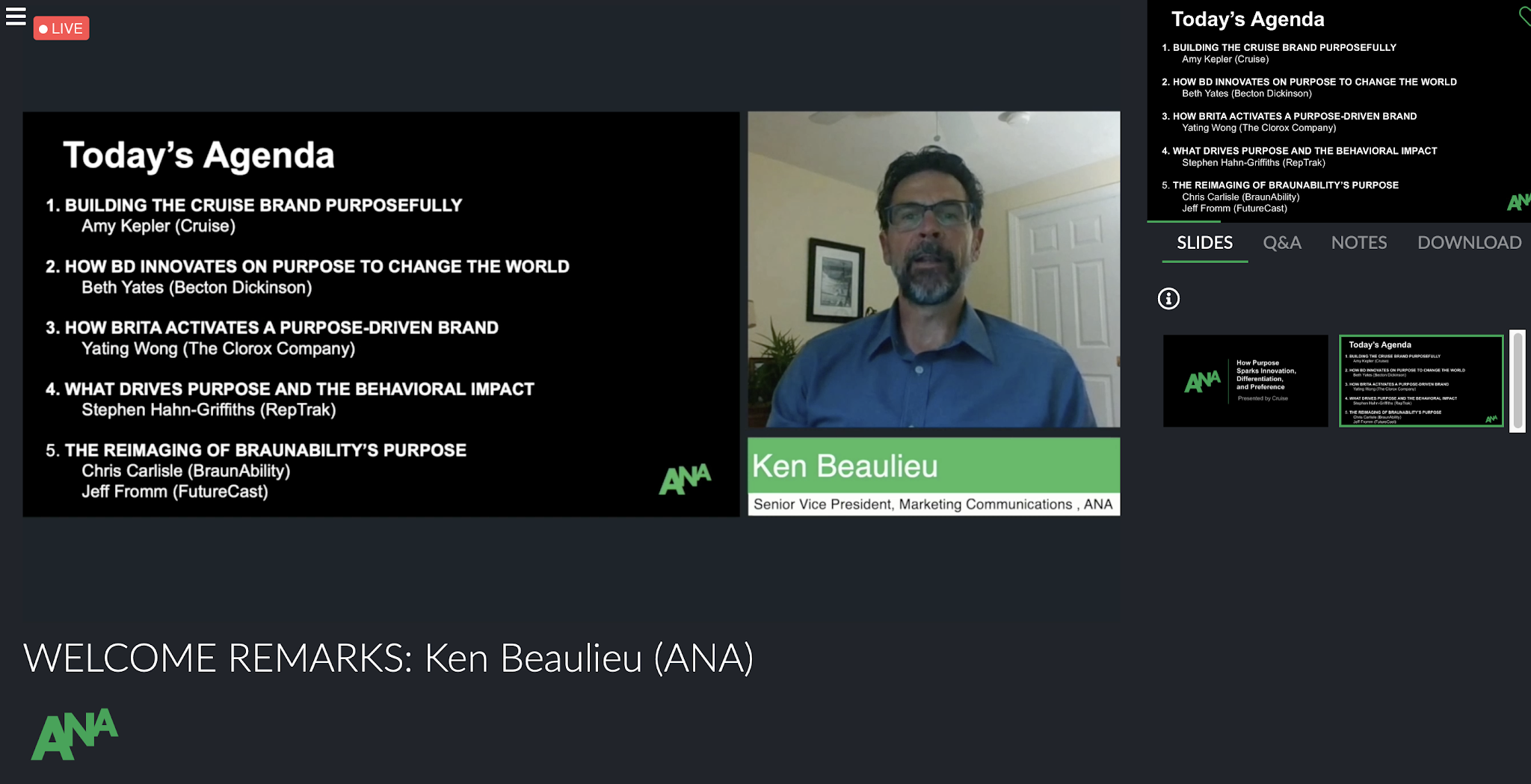Artificial Intelligence and Society – Too Early to Worry?
On September 28th, 2017, The New School’s Tishman Auditorium hosted the seventh edition of NYC Media Lab Annual Summit. The event celebrated a year of experimentation and innovation in technology, as the result of the tireless work conducted by New-York-based college students came to life on the stage. Along the presentations, a number of noticeable guests from several industries exchanged opinions on technology and how this intertwines with the development of human society as a whole.
Software engineer veteran Ellen Ullman, who presented her book “Life in Code: A Personal History of Technology,” pointed out how social media have fulfilled the human desire to create a “museum of me,” in which we constantly celebrate ourselves by sharing an ideal version of us. Being outside the social media system would force people to reflect on their real nature, and trigger a feeling of loneliness. Radio host Manoush Zomorodi, who shared the segment with Ullman, argued that loneliness is what being human is partly about, and as such, it should be experienced by young generations—generations who seem to have lost the ability to get bored. But the rise of a new piece of technology always comes with its bag full of mixed feelings. Social media platforms have arguably enabled us to fulfill a more relevant human desire—the desire to share knowledge, whether this comes in the form of notions or as simply experienced.
Ullman also cast a very dark shadow on the evolution of artificial intelligence and its implications in society. As “A.I. algorithms are based on data, and data is based on the past,” the author fears that gradual implementation of A.I. would result in a lack of societal progress. However, given the current level reached in the development of machine-learning technologies, such concern appears premature—even unfounded, to a certain extent. After all, Ullman is addressing a 22nd century problem with a 21st century mentality. When the human race will face a concrete “singularity” issue, it will develop adequate countermeasures, as it has often been the case during its history. Professor David Carroll, who hosted the faculty keynote, went as far as discussing the ethical issues of the artificial intelligence creation and evolution, suggesting a phrenological (the study of the human skulls as it affects mental and behavioral characteristics of an individual) approach to A.I. as a solution. And as augmented reality leads its way to ubiquitous implementation in smart devices, SuperVentures’ founder Ori Inbar states that “A.I. and A.R. are inseparable.”
A positive spin on the contribution of technology to society came from many of the students who presented their projects during the summit. As in the tradition of the overused “Silicon Valley” motto “Making the world a better place,” aspiring engineers, designers, developers, and programmers took the stage to offer solutions to those sides of humanity that could use some improvement. The “Charter Ability Project” focuses on an innovative interface design that allows people with disabilities to interact with their TV set in a more engaging way. “Remo Haptics” is a combined hardware and software system created to improve athletes’ performances during training. “StreetSmarts” can train police officers thanks to virtual reality. “Speech Up” is a mobile app that can support child’s speech therapy in a fun and interactive way. The most astonishing project was without any doubt “vasAR,” which uses augmented reality to create virtual versions of internal body organs that physicians (and one day, surgeons) can use to evaluate the health conditions of a patient. The implementations of this technology are potentially endless, and could make a dramatic impact in the entire healthcare industry in the not-so-distant future. An honorable mentions goes to “Are Aligned,” a multiplayer game that has the merit to bring people together in a virtual reality space, a concept so far scarcely explored on a mainstream level.
As people move into adulthood, they might tend to look with suspicion at changes triggered by new technologies. It is the young generation—a generation free from the wisdom and cautious nature that comes with an older age—who have the enthusiasm and the will to drive a lasting impact in how we experience our lives and share them with others. We are a social species, after all. Technologies that are not functional to a healthy evolution of society will be slowly but inexorably let to die—as the human race has the ability to evaluate and choose what is best for it—while constantly moving towards a better tomorrow.
The Quotes:
- “I went to the museum of me and I liked it.” Ellen Ullman
- “Feeling lonely is part of what being human is about” Manoush Zomorodi
- “[With image and video/audio manipulation technology] you can make anyone say anything.” Jeannette M. Wing
The Three Takeaways
- Artificial Intelligence is at an early development stage. so worrying about its impact in society is premature
- Young generations have enthusiasm and courage to take risks to improve society
- Augmented Reality will become ubiquitous in the next few years. Virtual Reality will follow.




